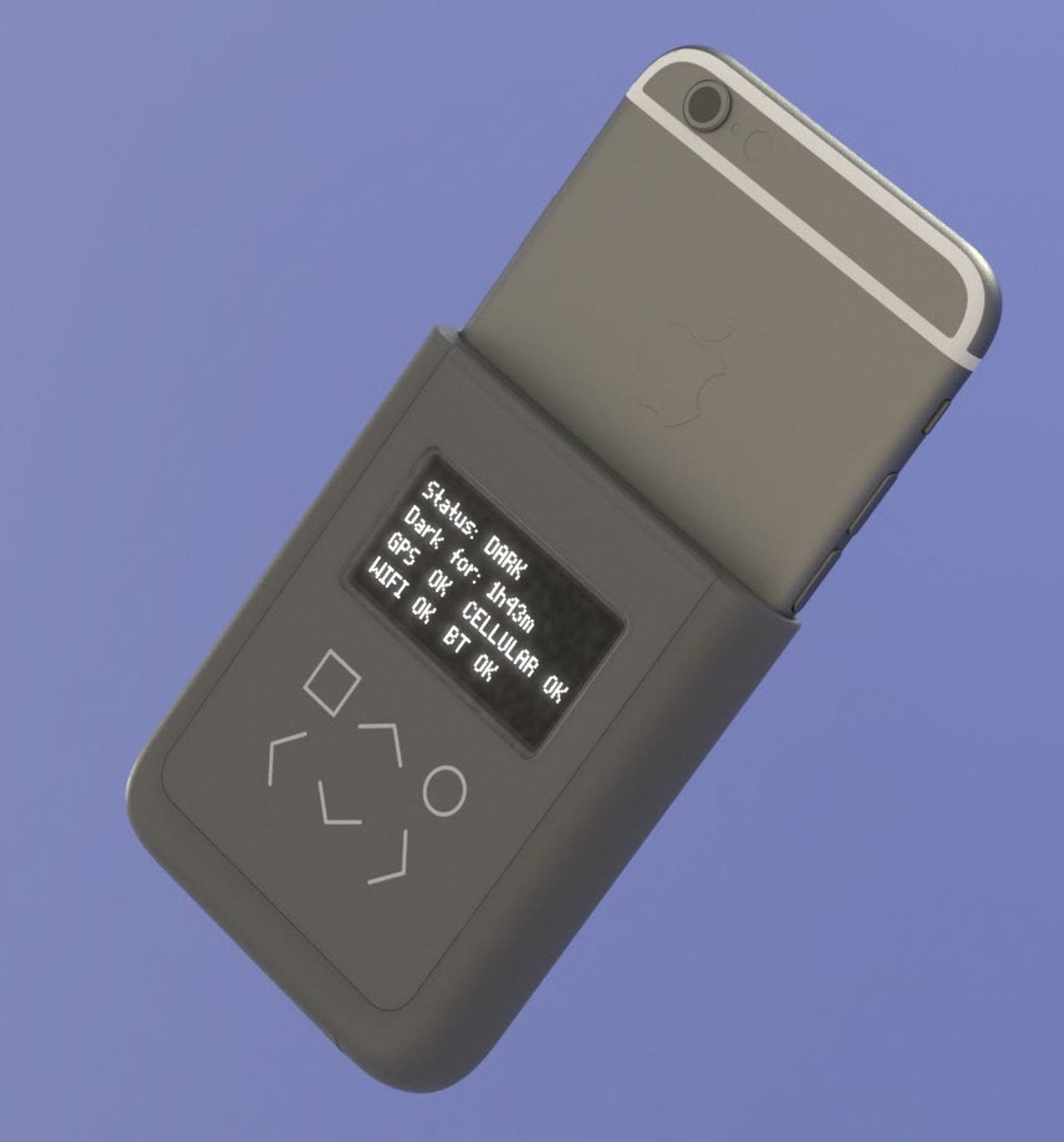Snowden iPhone case tells you in real time when you are being spied on


Law enforcement and other interested parties can dupe mobile devices into transmitting data and signals even if such settings are turned off -- and so in the interests of privacy, Edward Snowden is working on ways to thwart such surveillance.
In collaboration with cybersecurity expert Andrew "Bunnie" Huang, the former US National Security Agency (NSA) contractor and whistleblower who blew the lid off the agency's mass-spying activities is working on hardware solutions to prevent your cellular activities from being monitored.
As noted by The Next Web, the duo is working on a de-facto tin foil hat for Apple iPhone devices to prevent information leaks and location tracking through harnessed GPS technology.
The case, dubbed the introspection engine, is being designed with journalists working in unstable countries or conflicts in mind, but will also cater for the average citizen who wants to prevent government snooping on their private lives.
"Front-line journalists risk their lives to report from conflict regions," Bunnie said in a blog post. "Casting a spotlight on atrocities, their updates can alter the tides of war and outcomes of elections. As a result, front-line journalists are high-value targets, and their enemies will spare no expense to silence them."
The project, still in the concept stage, aims to use hardware solutions to create a protective barrier around mobile devices. However, the case will do more than that by alerting users "when their smart phones are tracking or disclosing their location when the devices are supposed to be in airplane mode," according to the project's white paper.
Snowden and Bunnie say that the introspection engine will be available to the open-source community as a "user-inspectable and field-verifiable module" which can be attached to existing smartphones without "making assumptions" concerning the device's operating system and trustworthiness.
Users will be warned of tracking in real-time, which could be critical in situations where journalists are in dangerous areas.
Although the duo expects the project's principles to be applied to a variety of smartphones, they are focusing on the 4.7" iPhone 6 as the test model for the field. The whitepaper notes:
"The choice of model is driven primarily by what we understand to be the current preferences and tastes of reporters. It has little to do with the relative security of any platform, as we assume any platform, be it iOS or Android, can and will be compromised by state-level adversaries."
The project is in very early stages and there is no current word on when prototypes will be issued to users for testing.
In June, leaked FBI documents revealed that National Security Letters (NSLs) -- used to conduct surveillance on targets without a warrant -- can be used to spy on reporters and sources in leak investigations.